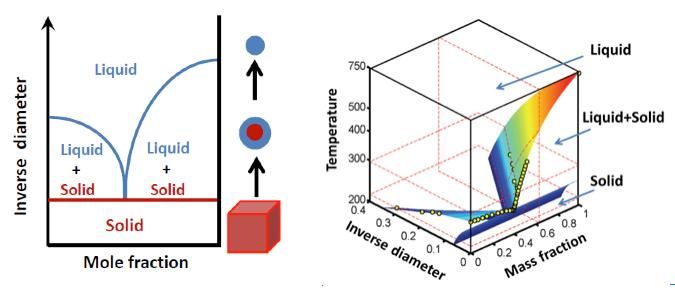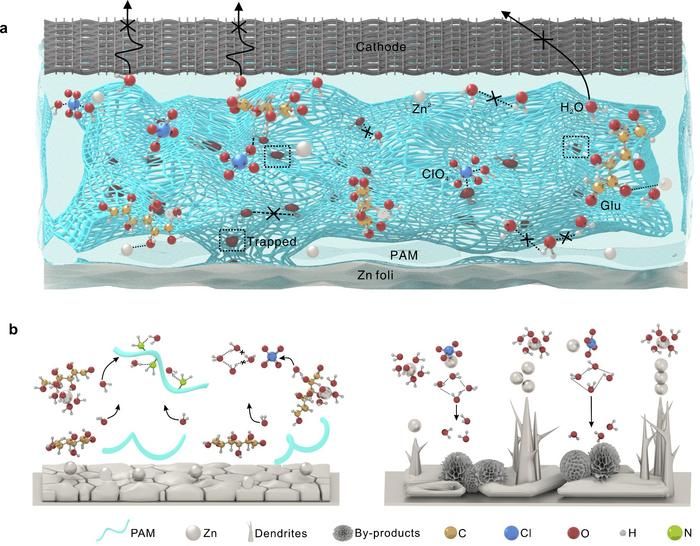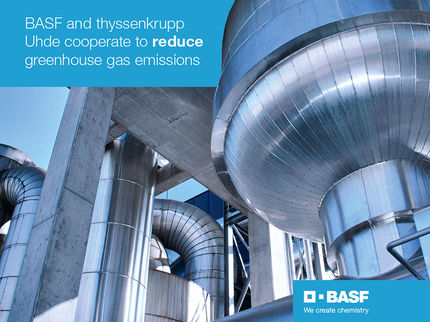Affordable and available technologies can curb rising nitrous oxide emissions
Researchers from IIASA and the University of Maryland in the US have found that nitrous oxide, a potent greenhouse gas and stratospheric ozone-depleting substance, could be readily abated with existing technology applied to industrial sources.
When greenhouse gases are released into the atmosphere, they trap the heat from the sun, leading to a warming planet. In terms of emissions, nitrous oxide is third among greenhouse gases, topped only by carbon dioxide and methane. Also known as laughing gas, it has a global warming potential nearly 300 times that of carbon dioxide and stays in the atmosphere for more than 100 years. It also destroys the protective ozone layer in the stratosphere, so reducing nitrous oxide emissions provides a double benefit for the environment and humanity.
“The urgency of climate change requires that all greenhouse gas emissions be abated as quickly as is technologically and economically feasible,” said Eric Davidson, lead author of the study published in Nature Climate Change and a professor with the University of Maryland Center for Environmental Science. “Limiting nitrous oxide in an agricultural context is complicated but mitigating it in industry is affordable and available right now. Here is a low-hanging fruit that we can pluck quickly.”
Nitrous oxide concentrations in the atmosphere have increased at an accelerating rate in recent decades, mostly from increasing agricultural emissions, which contribute about two-thirds of the global human-caused nitrous oxide. However, agricultural sources are challenging to reduce. In contrast, for the industry and energy sectors, low-cost technologies already exist to reduce nitrous oxide emissions to nearly zero.
Industrial nitrous oxide emissions from the chemical industry are primarily by-products from the production of adipic acid (used in the production of nylon) and nitric acid (used to make nitrogen fertilizers, adipic acid, and explosives). Emissions also come from fossil fuel combustion in power plants, industry, and internal combustion engines used in road and non-road vehicles, including cars and trucks.
“We know that abatement is feasible and affordable. The European Union’s emissions trading system made it financially attractive to companies to remove nitrous oxide emissions in all adipic acid and nitric acid plants,” said coauthor Wilfried Winiwarter, a senior researcher in the Pollution Management Research Group of the IIASA Energy, Climate, and Environment Program. “The German government is also helping to fund abatement of nitrous oxide emissions from nitric acid plants in several low-income and middle-income countries.”
According to the authors, the private sector could also play a key role in nitrous oxide emissions reduction, encouraged by trends in consumer preferences for purchasing climate-friendly products. For example, 65% of the nitrous emissions embodied in nylon products globally are used in passenger cars and light vehicles. In addition, automobile manufacturers could require supply chains to source nylon exclusively from plants that deploy efficient nitrous oxide abatement technology.
“Reducing global warming needs efforts from everyone,” Winiwarter adds. “Here also industry is called to demonstrate their willingness to take responsibility, by readily introducing efficient and cost-effective abatement.”
Original publication
Original publication
Davidson, E., & Winiwarter, W. (2023). Urgent abatement of industrial sources of nitrous oxide. Nature Climate Change
Organizations
Other news from the department science

Get the chemical industry in your inbox
By submitting this form you agree that LUMITOS AG will send you the newsletter(s) selected above by email. Your data will not be passed on to third parties. Your data will be stored and processed in accordance with our data protection regulations. LUMITOS may contact you by email for the purpose of advertising or market and opinion surveys. You can revoke your consent at any time without giving reasons to LUMITOS AG, Ernst-Augustin-Str. 2, 12489 Berlin, Germany or by e-mail at revoke@lumitos.com with effect for the future. In addition, each email contains a link to unsubscribe from the corresponding newsletter.
Most read news
More news from our other portals
Last viewed contents

Nanobionic spinach plants can detect explosives - After sensing dangerous chemicals, the carbon-nanotube-enhanced plants send an alert.
In chemical reactions, water adds speed without heat

More Electricity from the Sun - Surface modification for more effective textured perovskite/silicon tandem solar cells

Solid or liquid - the particle size matters - Max Planck researchers elucidate how the phase state of aerosol nanoparticles depends on their size

Climate Change makes Arctic Ozone Loss Worse - The expected recovery of the ozone layer may fail to happen anytime soon, if global warming is not slowed down
Applied Biosystems/MDS Sciex is the Top Supplier in the Mass Spectrometer Market

Fighting microplastics for a cleaner future - Dr. Manish Shetty is working to break down microplastics to create usable fuel

Novel strategy proposed for all-climate zinc-ion batteries - "This work shows how effective these batteries are, both in terms of capacity and their ability to operate over a wide range of temperatures"






























































